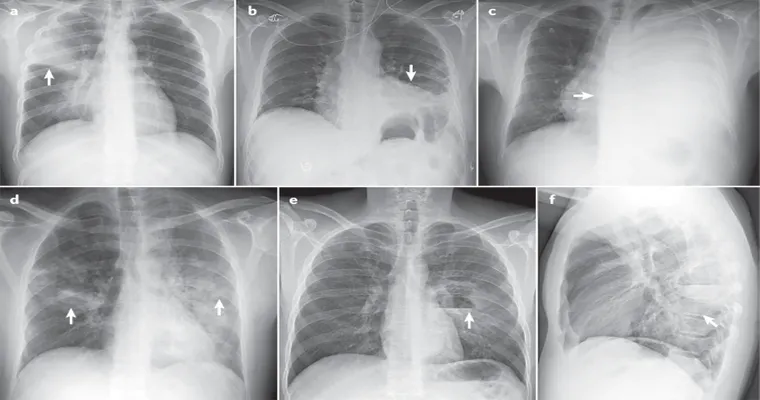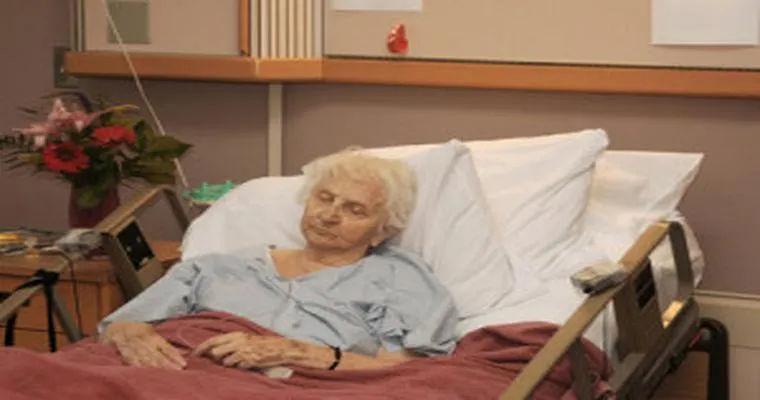Pneumonia is a "serious lung infection" that can lead to a significant decline in overall health, particularly in vulnerable populations such as the elderly and those with pre-existing conditions. Understanding the connection between pneumonia and a decline in health is crucial for both prevention and treatment strategies. This article will explore how pneumonia can trigger a "decline in physical health", impacting recovery and contributing to long-term complications.
Pneumonia can result from various causes, including "bacterial, viral, and fungal infections". When the lungs become infected, they can fill with fluid, making it difficult to breathe and reducing oxygen intake. This impairment can lead to a cascade of health issues, especially in individuals who are already weakened or facing other "chronic health conditions". For example, patients with heart disease or diabetes may find that pneumonia exacerbates their existing ailments, leading to a more pronounced decline in their health.
One of the most concerning aspects of pneumonia is its potential to cause a "systemic decline" in health. The body’s immune response to the infection can trigger widespread inflammation, which may contribute to complications such as sepsis. Sepsis is a life-threatening condition that arises when the body’s response to infection causes widespread inflammation, leading to tissue damage and organ failure. For patients who suffer from pneumonia, this risk of sepsis significantly increases the likelihood of a dramatic health decline.
Moreover, pneumonia can lead to prolonged hospitalization, which can further impact a patient’s physical condition. Extended bed rest often results in "muscle weakness", loss of mobility, and increased risk of other complications like blood clots. The longer a person suffers from pneumonia without effective treatment, the more likely they are to experience a decline in their overall well-being.
Preventive measures, including vaccination against common pneumonia-causing pathogens, such as "Streptococcus pneumoniae" and influenza viruses, are essential. Vaccines play a vital role in reducing the incidence of pneumonia, particularly among at-risk groups. Additionally, early intervention and appropriate antibiotic treatment can significantly decrease the duration and severity of pneumonia, thereby mitigating the risk of health decline.
In conclusion, the connection between pneumonia and a subsequent decline in health is well-established. Pneumonia poses significant risks, especially for those with pre-existing conditions, leading to complications that can severely impact overall health. Understanding this relationship emphasizes the importance of prevention, timely diagnosis, and effective treatment strategies. By addressing pneumonia proactively, individuals can help safeguard their health and reduce the likelihood of experiencing a decline in well-being.





